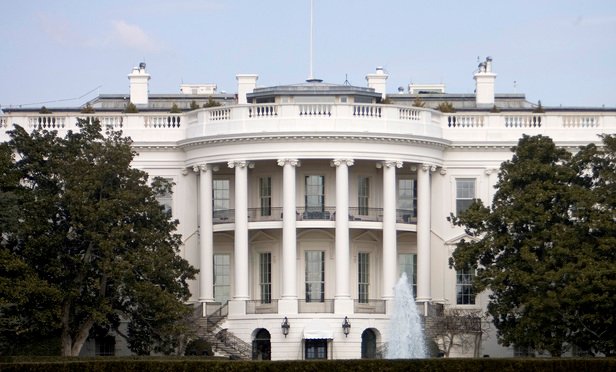National Law Journal
DC Lawyers Lose Their Cool; Goodbye Akin; Hello Scott Balber
The Legal Intelligencer
The Legal Intelligencer
The Legal Intelligencer
Daily Business Review
Cuba Is Still Open for Business, Including American Business
Daily Report Online
102 Former U.S. Attorneys Urge Wray's Confirmation
Daily Business Review
Doing Little, Trump Does Much Harm to Cuban-American Relationship
Daily Business Review
iCuba: Tech and a Way Forward for US Investment in the Trump Era
Daily Business Review
Business Opportunities: The Impact of President Trump's Cuba Policy
Daily Business Review
Trademark Options for US Brand Owners Following Rollback in Cuban Policies
TRENDING STORIES
- 'It's Not Going to Be Pretty': PayPal, Capital One Face Novel Class Actions Over 'Poaching' Commissions Owed Influencers
- 11th Circuit Rejects Trump's Emergency Request as DOJ Prepares to Release Special Counsel's Final Report
- Supreme Court Takes Up Challenge to ACA Task Force
- 'Tragedy of Unspeakable Proportions:' Could Edison, DWP, Face Lawsuits Over LA Wildfires?

- A Year of Conversations With Leaders Across the Legal Industry
- Law.com Pro's Crystal Ball: Identifying Key Trends and Opportunities for 2025
- ALM Market Analysis Report Series: Toronto and Frankfurt Showcase Similar Global Appeal to U.S. Law Firms
- Big Law Leaders Get Real on Business Impact of Election Results
Featured Firms
Law Offices of Gary Martin Hays & Associates, P.C.
(470) 294-1674
Law Offices of Mark E. Salomone
(857) 444-6468
Smith & Hassler
(713) 739-1250
More from ALM
- Scan In Progress: Litigators Leverage AI to Screen Prospective Jurors 1 minute read
- Legal Speak at General Counsel Conference East 2024: Match Group's Katie Dugan & Herrick's Carol Goodman 1 minute read
- Legal Speak at General Counsel Conference East 2024: Eric Wall, Executive VP, Syllo 1 minute read
Resources

Aligning Client Needs with Lawyer Growth and Profitability
Brought to you by BigHand
Download Now

Technology to Make E-Discovery Smarter, Not Harder
Brought to you by Nuix
Download Now

Does Generative AI Have the Power to Transform Legal Services?
Brought to you by HaystackID
Download Now

International Export and Trade Assistance State Law Survey
Brought to you by LexisNexis®
Download Now










